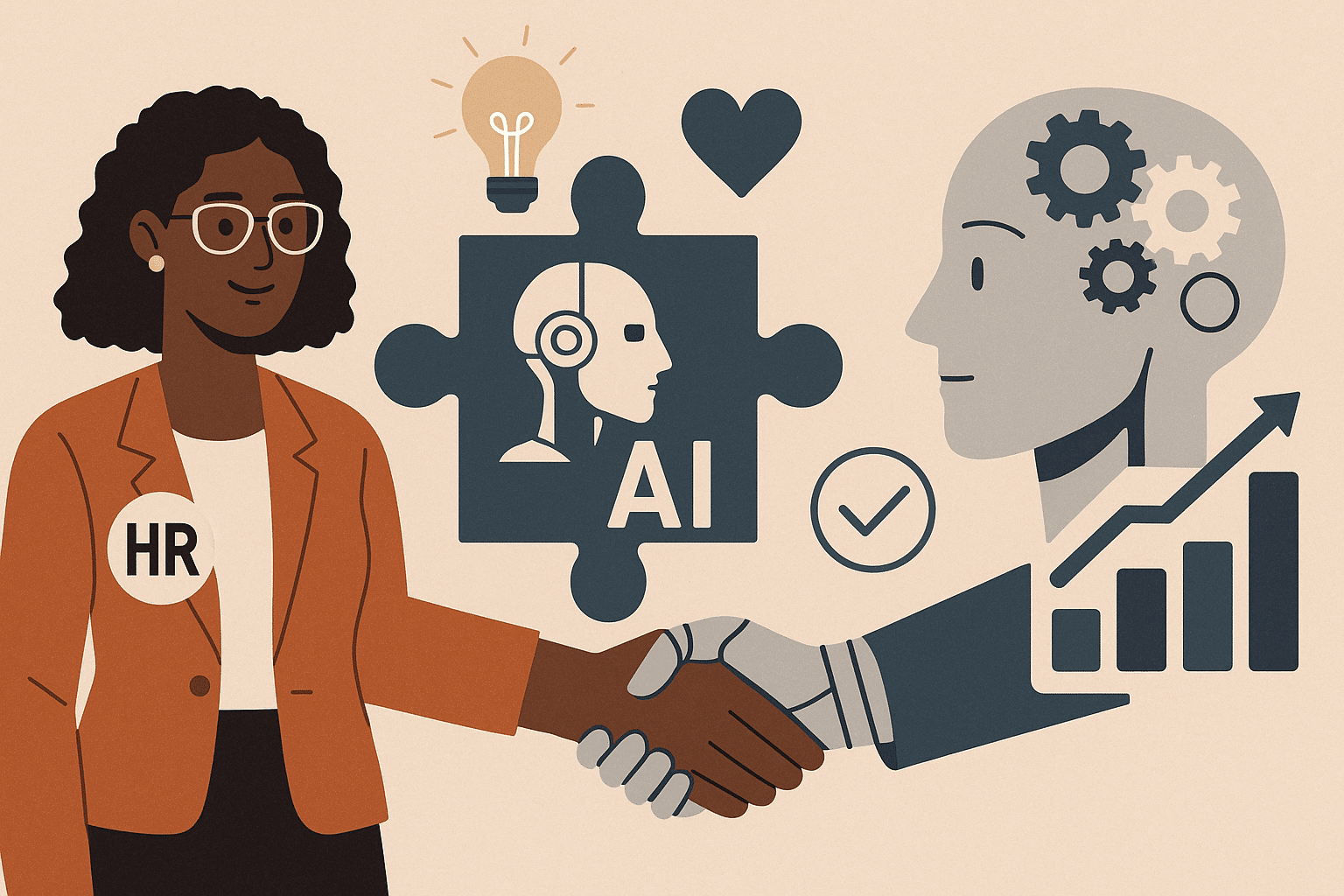
Artificial Intelligence (AI) has undeniably revolutionized many aspects of recruitment, providing powerful tools to facilitate and optimize the candidate selection process. However, despite technological advances, there remain areas where humans have an undeniable advantage over AI in recruitment. Let’s explore why humans remain irreplaceable in this field.
The Importance of empathy and human understanding
One of the essential qualities in the recruitment process is empathy. Human recruiters are capable of deeply and nuancedly understanding the emotions, motivations, and aspirations of candidates. This ability to establish an emotional connection with candidates is crucial for assessing their cultural fit with the company and predicting their long-term success.
You can find an excellent article on empathy and its applications and challenges in the business world in this article from the Harvard Business Review. This human dimension, based on understanding and relationships, remains a major asset that AI cannot authentically replicate.
The ability to assess soft skills and adaptability
Soft skills, such as communication, problem-solving, creativity, or leadership, are essential for success in a professional environment. Assessing these skills in candidates requires analytical finesse and the ability to observe behaviors, including non-verbal ones, and interactions.
A study conducted by CNBC/Gili Malinsky in 2022 highlighted that 93% of employers want to see soft skills on a resume. Human recruiters are better equipped to assess these skills by observing candidates’ reactions, asking open-ended questions, and analyzing situations contextually.
Moreover, adaptability is a key quality in a constantly evolving world. Human recruiters are capable of quickly adapting to changes, challenging their own biases, and making informed decisions based on the specific context of each candidate.
Considering context and diversity
Each company is unique, with its own culture, values, and specifics. Recruiting effectively involves understanding these elements and incorporating them into the candidate selection process. Human recruiters are capable of grasping the specific context of each company and identifying profiles that will best integrate.
Human recruiters are better positioned to promote diversity by identifying and valuing varied profiles, combating unconscious biases, and fostering fair recruitment.
Finally, the ability to take into account the individual specifics of candidates, such as their professional background, aspirations, or personal constraints, is a major asset of human recruiters. This personalized and human approach helps create a positive experience for candidates and enhances the company’s image.
Conclusion
Despite the advances of AI in the field of recruitment, humans retain unique and irreplaceable qualities that make them an essential actor in this process. Empathy, the ability to assess soft skills, adaptability, considering the context and diversity are all human skills that remain essential for successful recruitment.
Companies that manage to judiciously combine the advantages of AI with the human qualities of recruiters will be able to build diverse, high-performing, and committed teams. In the end, it is the complementarity between humans and technology that will enable recruitment goals to be met and foster the growth and success of the company.
Harvard Business Review. https://www.harvardbusiness.org/empathetic-leadership-how-to-go-beyond-lip-service/
Deloitte. (2022). https://action.deloitte.com/insight/2598/going-beyond-the-resume-to-focus-on-candidates-skills


